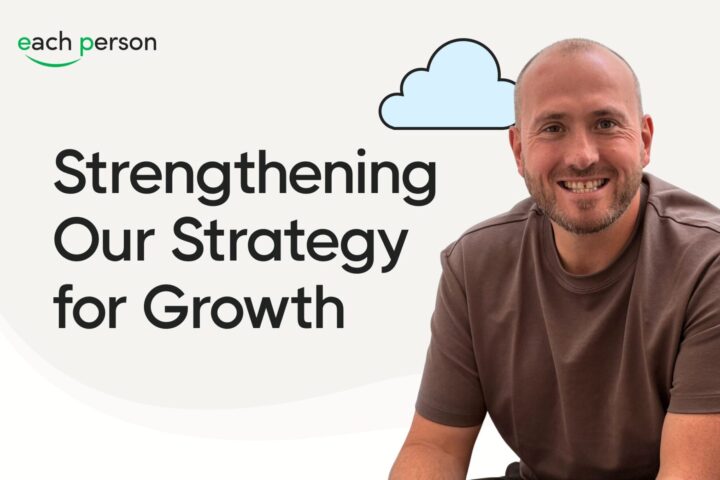Two thirds (66%) of people with learning disabilities said their employers had not asked what support they needed to succeed in their jobs, research from Hilton found.
57% said the company they worked for was not equipped to support them.
Just under half (49%) said they did not have the right support from their employer.
Around 44% said support from their team or colleagues was lacking.
Over half (56%) said they wanted more on-the-job training.
Just under four in 10 (38%) said a mentor or buddy system would help.
George Griffiths (pictured), kitchen assistant, Hilton London Kensington, said: “I highly recommend a career in hospitality to anyone, including people with learning disabilities. Working has definitely boosted my confidence.
“I’m proud to be working at a fantastic hotel surrounded by kind and charming people.
“I feel more capable of going out and taking on responsibilities, and I’ve realised that I’m just as capable as anyone else.”
Stephen Cassidy, senior vice president, UK and Ireland, Hilton, said: “The key to unlocking the power of people with learning disabilities, and allowing them to really excel in the workplace, is the strength of our partnerships.
“Our Team Members feel supported by our partners, who offer their expertise on how to integrate team members into the work force.
“From introducing buddy systems to train and support new team members, to offering flexibility with shorter shifts and part-time roles, their advice has been invaluable.”
Cassidy added: “Working together with our partners, we are committed to building an inclusive workforce that reflects the diversity of our communities, and we hope it inspires other businesses to do the same.”
People with learning disabilities and their carers said they felt they could succeed in retail and hospitality or tourism, with 44% and 43% choosing these sectors.
Three in five (61%) with learning disabilities reported previous roles in hospitality.
82% in the public said companies should offer better job prospects to people with learning disabilities.
94% of people who had interacted with someone with a learning disability in a service setting said it was a positive experience.
Around seven in 10 (69%) said it made them think differently about people with learning disabilities, and 86% thought someone with a learning disability could excel at work.
Alison Thwaite, head of employment services, Down’s Syndrome Association, said: “Employers play a crucial role in creating the right environments for people with learning disabilities to thrive at work.
“Having systems in place like mentoring support resources and training can ensure that your existing employees and new colleagues who have disabilities will feel supported and can build on a solid foundation for success.
“The positive presence of individuals with learning disabilities greatly enhances workplace culture and by working closely with employers, we can bring diverse perspectives and foster an inclusive community where everyone can flourish.”
Thwaite added: “We are delighted to see increasing numbers of employers embracing the opportunities to enhance their organisational health through effective supported employment partnerships like the Down’s Syndrome Association’s WorkFit programme.”
















